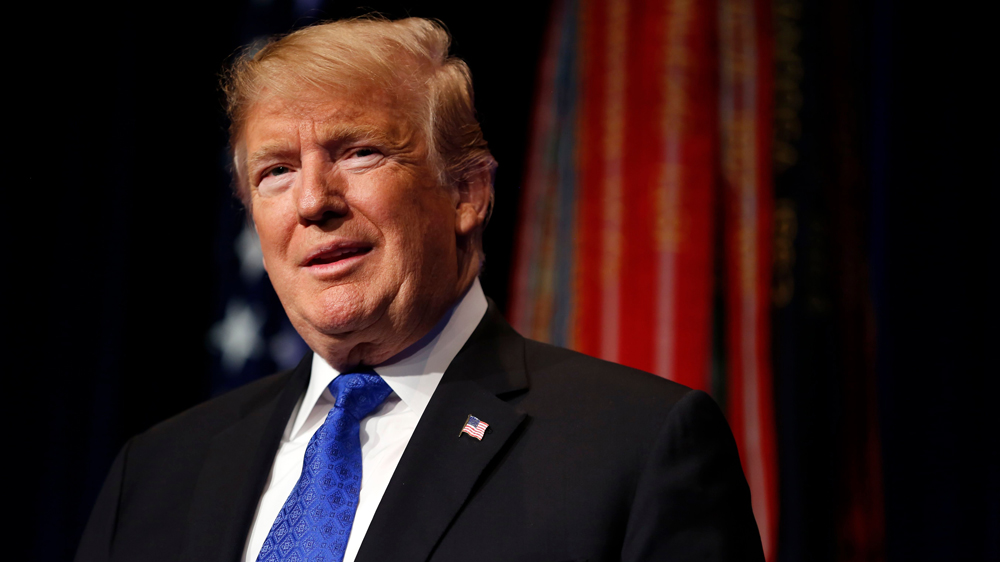Trump Campaign Calls CNN ‘Extremely Biased’ in Defamation Suit
By Gene Maddaus
LOS ANGELES (Variety.com) – The Trump campaign filed a defamation suit against on Friday, taking issue with an opinion piece that said the campaign was open to Russian assistance in the 2020 election.
The lawsuit, filed in federal court in Georgia, is the third time the Trump campaign has sued a news outlet in the last two weeks. On Feb. 26, the campaign sued the New York Times over an opinion column about Robert Mueller’s report. The campaign sued the Washington Post on Tuesday, again disputing two opinion columns about Russian interference.
In the latest suit, the Trump campaign challenges a June 13, 2019, column by Larry Noble, the former general counsel of the Federal Election Commission. In the column, Noble argued that it was a mistake not to prosecute anyone in the Trump campaign for seeking foreign assistance in 2016, and laid out the argument that doing so is a crime. The column also noted an ABC News interview from June 12, in which Trump said that he would be open to information on his rivals from foreign governments.
“It’s not an interference, they have information — I think I’d take it,” Trump said in the interview .
The CNN column said that the Trump campaign had “assessed the potential risks and benefits of again seeking Russia’s help in 2020 and has decided to leave that option on the table.”
The lawsuit argues that this statement was both false and defamatory, and was made with reckless disregard for the truth.
“In fact, the Campaign has repeatedly and openly disclaimed any intention to seek Russian involvement in the 2020 election,” the lawsuit states.
The suit also accuses CNN of being “extremely biased” against Trump, referencing a study that found that 93% of CNN stories about the president’s first 100 days in office were negative.
The lawsuit against the Post disputes two opinion columns that also cite the June 12 interview with ABC. In the interview, George Stephanopoulos asked Trump if his campaign staffers should accept an offer of information from Russia, China, or others, or if they should call the FBI.
“I think maybe you do both,” he said. “I think you might want to listen, there’s nothing wrong with listening. If somebody called from a country, Norway, ‘we have information on your opponent.’ Oh, I think I’d want to hear it.”

